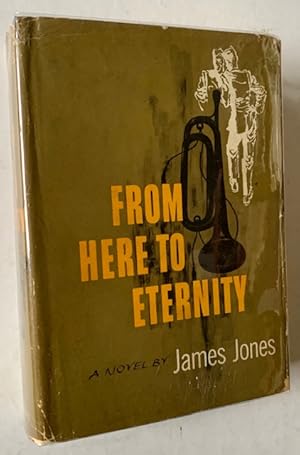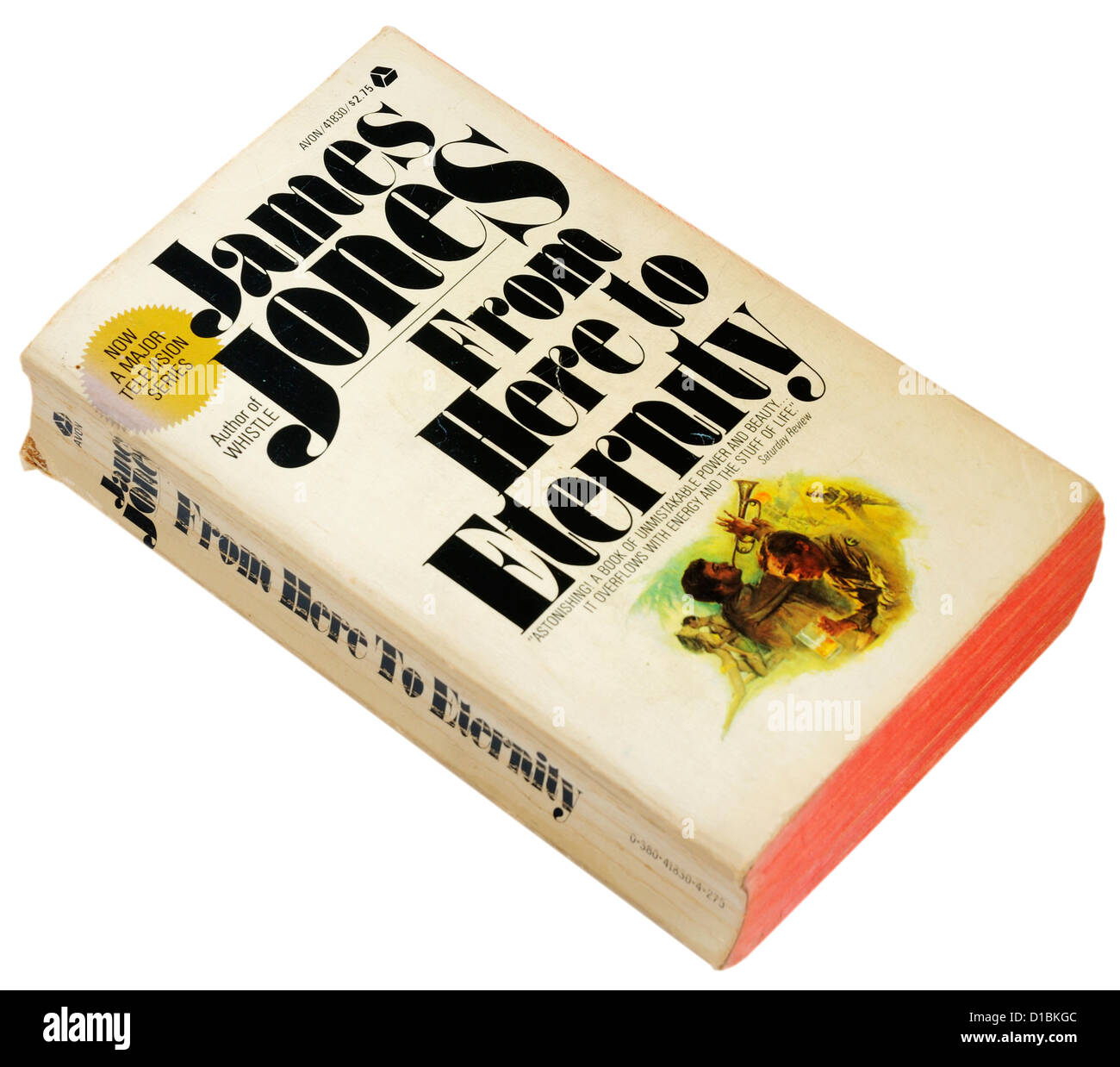
As noted above, the character of Maggio is much less well developed and the women get relatively less viewpoint time than in the film. I think the only parts that grated were where relatively unsophisticated soldiers engaged in deep conversations about Art and Literature which felt a bit like the author talking to his imaginary friends. The second paragraph of its third chapter is: He threw the cigaret in the flat iron pot painted red and black, the Regimental colors, and watched the tail end of the Company move out the truck entrance and out of sight, then stepped down onto the slick concrete of the porch and walked along it to the Supply Room’s open door.As usual, I liked the book more than the film. The only visible non-whites in the film are coded as Chinese (7% of Hawaii's population in 1940, 5% in 1950) or Hawaiians (15% in 1940, 14% in 1950).Īs is my habit, I also read the book on which the film is based.

Hollywood erased that the whiteness of Hawaii here is almost (but just about not quite) as bad as the all-white Deep South of All The King's Men.

The book (which I will get to below) portrays a vibrant multi-ethnic Honolulu and indeed a relatively diverse army. OK, there were not a lot of African-Americans in Hawaii ( 0.05% in 1940, rising to 0.5% in 1950) but the biggest single ethnic group then was the Japanese (37% in 1940 and 32% in 1950) there is not a single identifiably Japanese face in the film.

It's now ten years since we had an Oscar-winning film with a speaking part for a black actor. Whitewashing: I am sorry to have to do this yet again. I liked it a lot more than last year's The Greatest Show on Earth, which is also a romantic drama set in a stressful professional environment the plot is more substantial, the characters more sympathetic and the situation more interesting. No detailed spoilers, but it does not have a happy ending. It's the story of three soldiers, and the women who love two of them, grinding out their individuality in the suffocating environment of the US Army base on Hawaii immediately before Pearl Harbour. To cut to the chase, I rather enjoyed this, and it's grazing my top quartile, just below All About Eve (losing points for whitewashing) and just above Olivier's Hamlet.


 0 kommentar(er)
0 kommentar(er)
